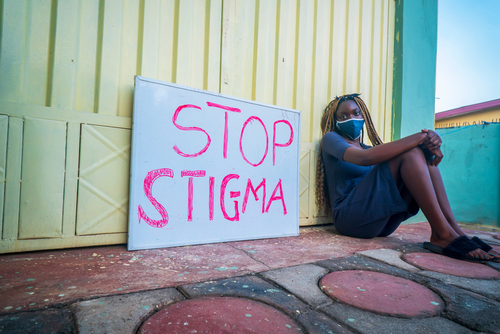
Types of HIV stigma you may experience
Because of society’s fear and ignorance about HIV, people living with HIV are frequently stigmatized in various ways. We don’t talk about stigma enough, so I wanted to go a little further.
Here are some examples of how persons living with HIV may experience stigma.
Internalized stigma
When someone living with HIV has negative ideas or sentiments regarding their HIV status, this is known as internalized stigma. For instance, if you are living with HIV, you can feel disappointed in yourself or judge yourself harshly. This is usually a result of how society views HIV or what you have been taught about it, which makes you treat yourself badly because of your HIV status. Keep in mind that living a normal life is still possible while living with HIV.
Community Stigma
Community stigma refers to the discrimination and biases that someone living with HIV may face from members of their community. This stigma can result in rejection and isolation, forcing the victim to leave their home or community to avoid it.
Workplace/employment stigma
People living with HIV may face stigma at work from their coworkers and/or employers. This can be accomplished through seclusion, being taunted about their HIV status, or even discriminatory job actions such as termination. It is illegal to be fired or discriminated against at work because you are living with HIV, and you can actually report it.
Healthcare stigma
Healthcare professionals are supposed to educate you with the knowledge you need about HIV, assist you in managing HIV through treatment, and offer you support. Unfortunately, persons living with HIV are not always given the best care. You may encounter stigma from healthcare professionals in a variety of ways, including mandatory testing without sufficient counseling or permission, healthcare providers refusing to give care, and healthcare providers denying or delaying treatment. If you or someone you know has been affected by this, please report it as soon as possible since we all have the right to proper healthcare.
Finally,
Living with HIV makes it easy for you or people close to you to pass judgment on your HIV status. It’s also easy for people to make you believe that you are useless because of your HIV status. Fear and general ignorance around HIV are major contributors to this.
However, knowing your rights can help you realize that you are worthy despite your HIV status. Also, it’s critical that we all speak out against HIV stigma and prejudice.
Call it out when you see it.
Have you ever been stigmatized because of your HIV status?
